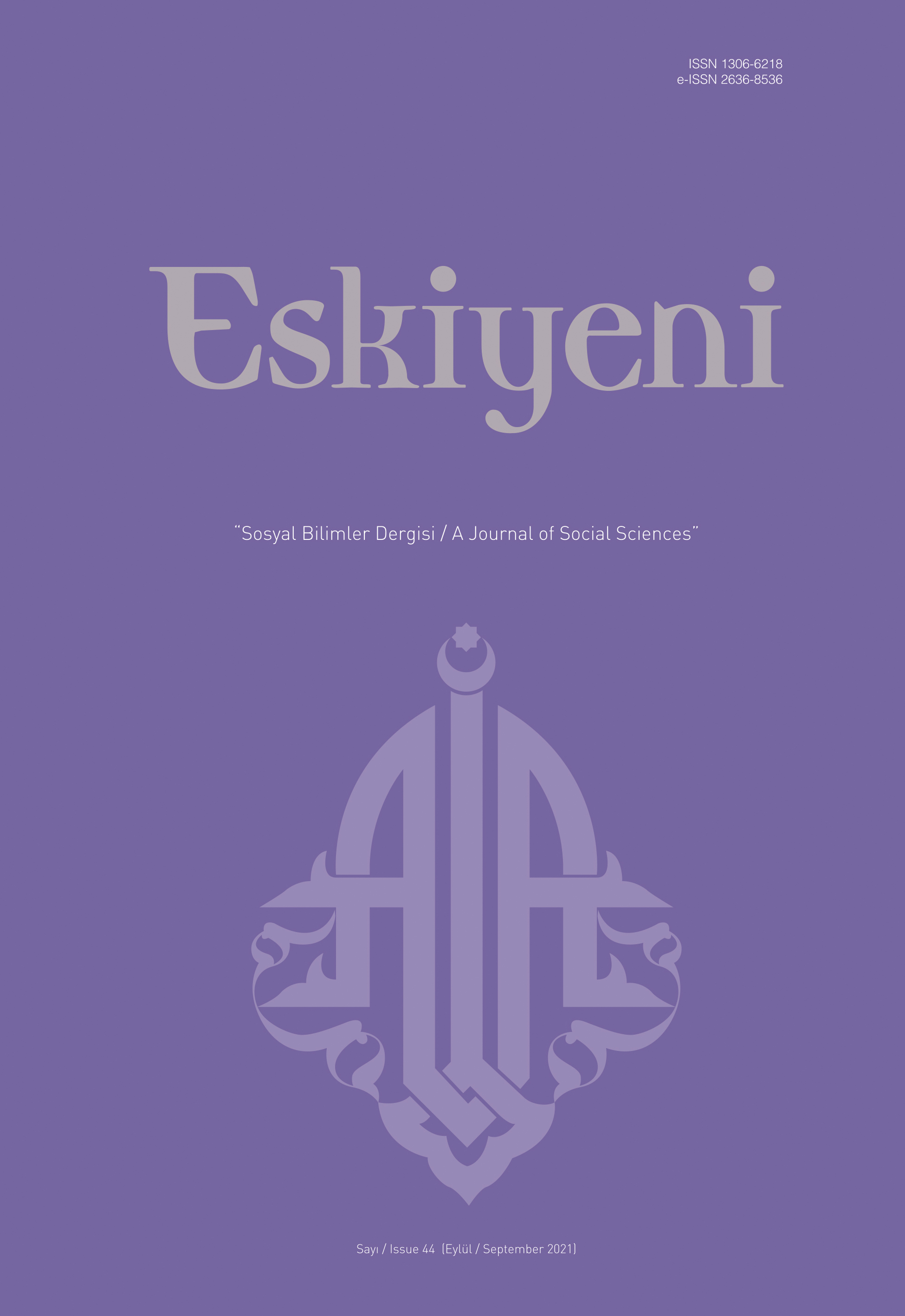Yükseköğretim Öğrencilerinin ‘Uzaktan Eğitim’ Kavramına İlişkin Metaforik Algıları: Kilis 7 Aralık Üniversitesi İslami İlimler Fakültesi Örneği
An Analysis of the Metaphoric Perceptions of Higher Education Stu-dents Regarding the Concept of ‘Distance Education’: An Example from Kilis 7 Aralık University,
Faculty of Islamic Sciences
Author(s): Ali GüngörSubject(s): Education, Theology and Religion, Higher Education
Published by: Anadolu İlahiyat Akademisi
Keywords: Religious Education; Distance Education; Metaphors; Higher Education; Faculty of Islamic Sciences Students;
Summary/Abstract: Since the beginning of the COVID-19 pandemic, higher education institutions in Turkey have started to give the courses through distance education in order to prevent the spread of the virus. Unlike classical distance education, it is absolutely necessary to know the characteristics of these unprecedented distance education practices, for which students, teachers, and educational institutions were caught unprepared. Based on such a need, this study aimed to determine the metaphorical perceptions of higher education students regarding the concept of “distance education” and carried out in line with the qualitative phenomenological research design method. The study consisted of 197 female and male students who attended different classes at Kilis 7 Aralık University, Faculty of Islamic Sciences in the 2020-2021 academic year and participated in distance education from different settlements such as villages, districts, and towns. The relevant data were collected using a semi-structured form in which the students who continued their compulsory distance education due to the COVID-19 pandemic were asked to write a metaphor and their justification for generating such a metaphor by completing the gaps in the statement “Distance education is like … because …”. As a result of the analyses, it was determined that 167 different metaphors were produced by 197 participants. The metaphors were grouped under 11 themes, 9 of which belonged to the negative category and 2 to the positive category. When the metaphors were examined, it was concluded that the students’ perceptions of distance education were mostly expressed negatively. Those who expressed negative opinions about distance education formed their metaphors in line with the themes of being “deceptive” and “artificial”, and in such a way to show metaphors in which distance education intends to stand in for face-to-face learning, but does not have the characteristics of it, no matter how much it tries to resemble it. The metaphors in the positive category consist of two themes mentioned as follows: Under the theme of being “advantageous”, students stated that distance education provided them with both the comfort of being at home and the advantage of continuing their education. Within the theme of being “necessary”, distance education was expressed as a necessity to replace face-to-face learning and prevent interruptions in education during the pandemic. Although the metaphors given by the students about distance education were mostly negative, it was discovered that none of the students at the Faculty of Islamic Sciences, where the participating students were studying, preferred to defer enrolment during the pandemic. All these data can be evaluated in the sense that some of the drawbacks that emerged at the beginning of the pandemic have been overcome in time and that students have turned to adapt to distance learning despite the above-mentioned negativities.
Journal: Eskiyeni
- Issue Year: 2021
- Issue No: 45
- Page Range: 693-717
- Page Count: 25
- Language: Turkish

